- From the Shadows to Power: How the Hindu Right Reshaped India The New York Times
- Reflections on 100 years of RSS financialexpress.com
- RSS faced mockery, bans, but emerged stronger: Ram Lal The Sunday Guardian
- 5 Key Moments in the Rise of…
Category: 2. World
-
From the Shadows to Power: How the Hindu Right Reshaped India – The New York Times
-
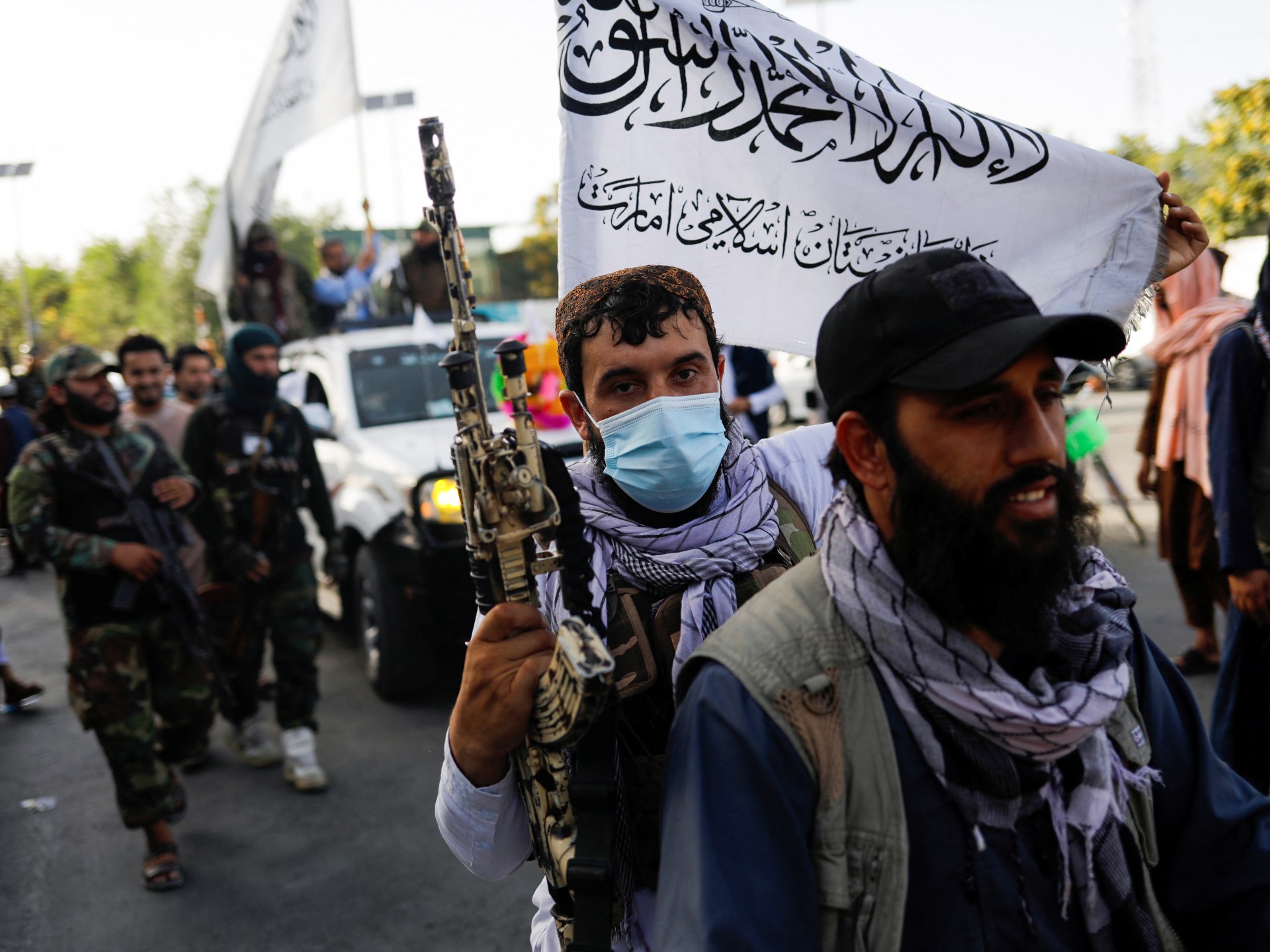
Tajikistan-Taliban border clashes: What’s behind them, why it affects China | Explainer News
Tensions are flaring along the Tajikistan-Afghanistan border in Central Asia with the Tajik government reporting multiple armed incursions this month, straining its fragile relationship with Afghanistan’s Taliban leaders.
More than a dozen…
Continue Reading
-
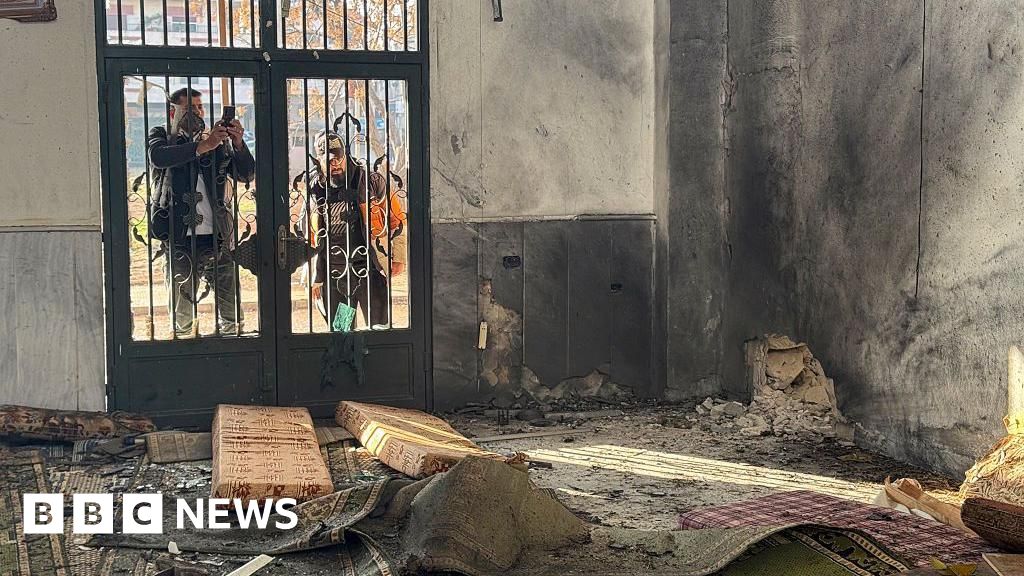
Deadly explosion during Friday prayers inside Syrian mosque
An explosion has killed at least eight people and injured 18 others during Friday prayers inside a mosque in the Syrian city of Homs, the health ministry has said.
Pictures from Syria’s state-run news agency, Sana, show the inside of the Imam Ali…
Continue Reading
-
Malaysia ex-PM Najib Razak jailed for 15 more years in 1MDB saga's biggest trial – Reuters
- Malaysia ex-PM Najib Razak jailed for 15 more years in 1MDB saga’s biggest trial Reuters
- Malaysian ex-PM Najib Razak found guilty in 1MDB trial: What we know Al Jazeera
- 1MDB: Ex-Malaysia PM Najib Razak given 15-year jail term over state funds…
Continue Reading
-

Resolve to network at your employer’s next ‘offsite’ – research shows these retreats actually help forge new connections
What do you do when an announcement about an “offsite” hits your work inbox? Chances are you might sigh and begrudgingly add the event to your calendar.
These events, also called retreats, bring colleagues together for a mix of…
Continue Reading
-

Transcript of Weekly Media Briefing by the Official Spokesperson (December 26, 2025)
Shri Randhir Jaiswal, Official Spokesperson: Good afternoon, ladies and gentlemen. I welcome you to this last press conference of the year.
Is saal ke antim press varta mein aap sabhi logon ka bahut bahut swagat hai. To chaliye, daur shuru karte…
Continue Reading
-
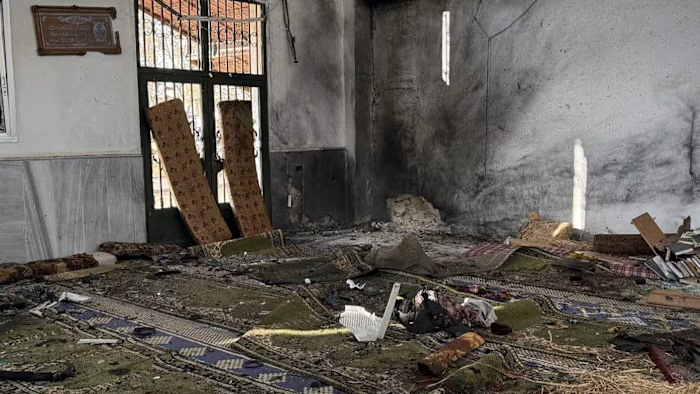
Mosque bombing in Alawite district in Syria leaves at least 8 dead
Unlock the Editor’s Digest for free
Roula Khalaf, Editor of the FT, selects her favourite stories in this weekly newsletter.
At least eight people were killed in an explosion at a mosque in a predominantly Alawite neighbourhood in the Syrian city…
Continue Reading
-
Israel becomes first country to formally recognize Somaliland as independent state – Arab News
- Israel becomes first country to formally recognize Somaliland as independent state Arab News
- Somalia demands Israel withdraw Somaliland recognition Al Jazeera
- Abraham Accords nations abstain as 21 Muslim-majority countries pan Somaliland…
Continue Reading
-
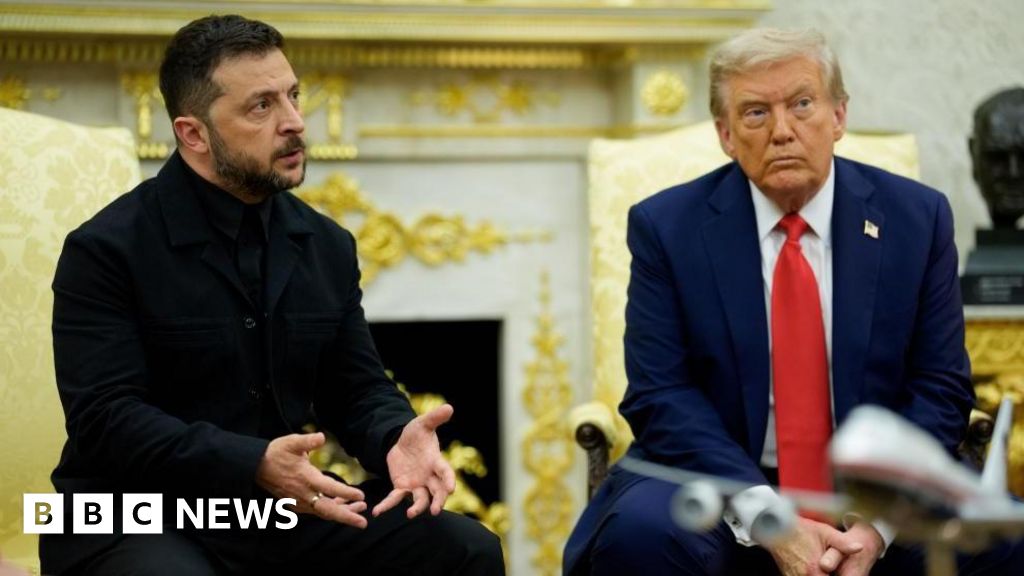
Zelensky plans to meet Trump on Sunday for talks on peace deal
 EPA/Shutterstock
EPA/ShutterstockUkraine’s president last met President Donald Trump at the White House in October Ukraine’s Volodymyr Zelensky has said he will meet US President Donald Trump in Florida at the weekend, as talks continue on ending Russia’s…
Continue Reading
-
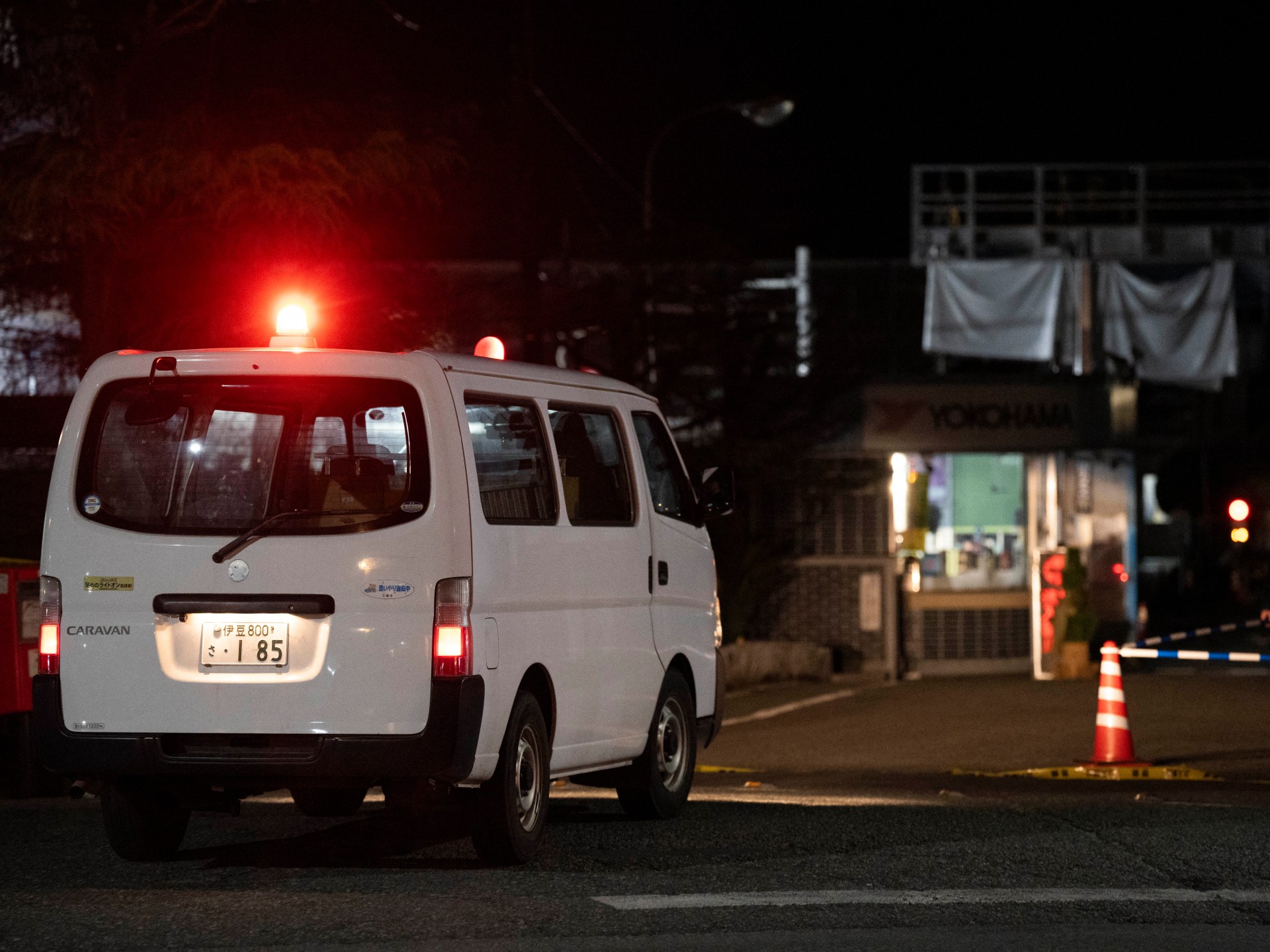
Stabbing, chemical spray attack injures 15 at Japanese factory | Crime News
Suspect is in police custody; no information about potential motive.
Published On 26 Dec 2025
A man has carried out a mass stabbing attack at a Japanese tyre factory, also spraying victims…
Continue Reading